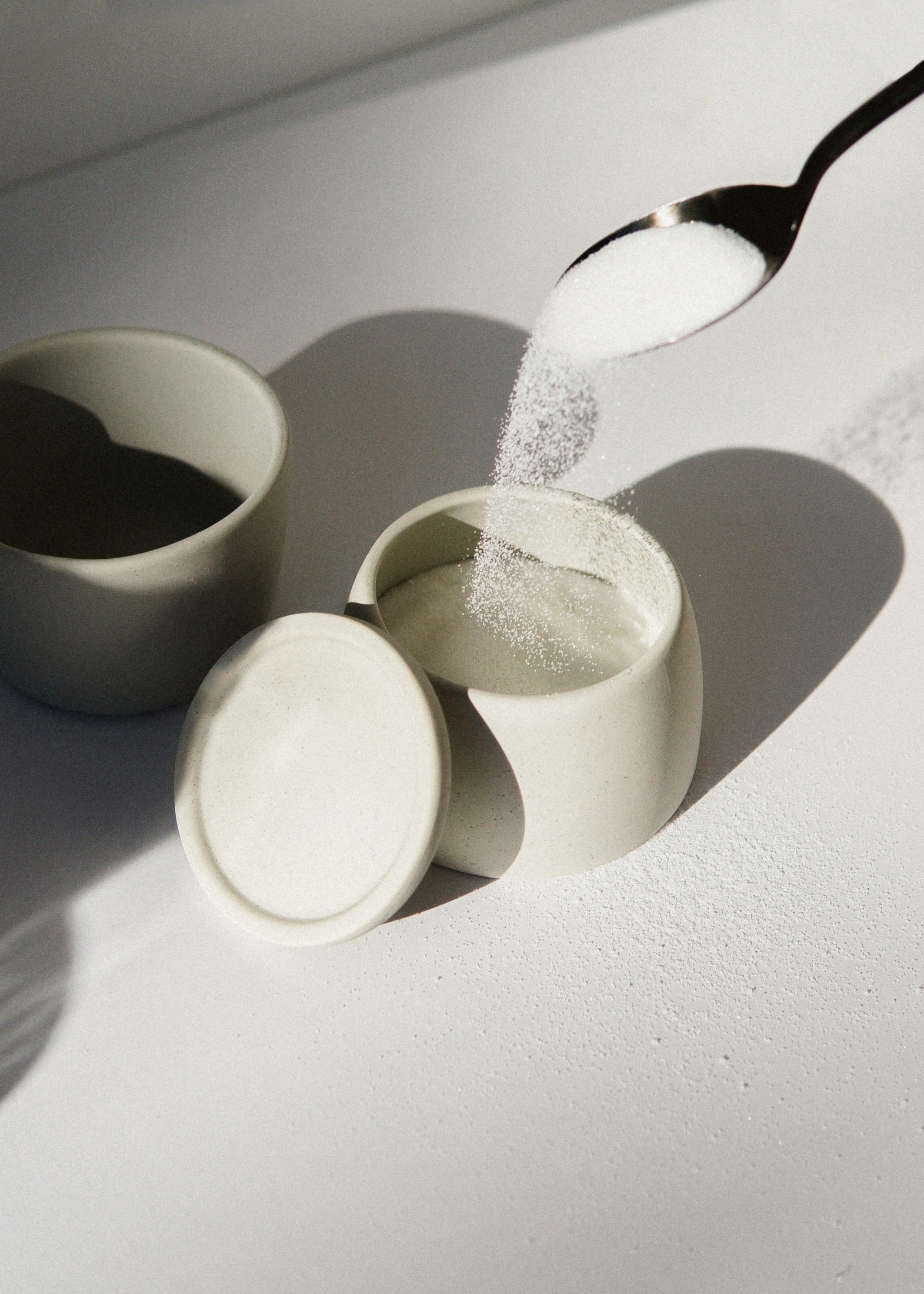Have you ever reached for that seemingly healthy fruit yogurt for breakfast, only to realize that it’s packed with added sugars? Yes, not everything that glitters is gold, and not everything that labels itself as “healthy” is truly beneficial for your body.
A staggering number of processed foods, even those marketed as healthy, are loaded with hidden sugars, silently sabotaging your health. But don’t worry, you’re not alone in this sugar-coated conundrum.
We’ve got you covered with three simple ways to reduce your sugar intake without wreaking havoc on your taste buds or your health.
Avoid Sugary Drinks
The first thing to reduce your sugar intake is to avoid sugary drinks. They can be tricky because you might not realize how much sugar you’re actually consuming while sipping on them throughout the day. Since you’re not actually eating it, it can feel less important, but that’s not the case.
A classic example is a can of Coke. This seemingly harmless drink is surprisingly loaded with around 39 grams of sugar. Now, imagine pouring eight teaspoons of sugar into your glass of water. Shocking, right? That’s how much sugar you’re drinking with a single can of Coke or similar soft drink. The great news is that there are many other options. Water is the top choice, but if you want something more exciting, you can try fruit water, herbal teas, or even homemade smoothies without added sugar. Remember, it’s not about depriving yourself, it’s about making better choices for good health.
Read The Nutrition Labels
The next step in reducing sugar is to read labels carefully. Sugar can hide under various names like:
- Sucrose
- Fructose
- Maltose
- Dextrose
As well as in ‘healthier’ options such as:
- Agave nectar
- Honey
- Cane sugar
- Fruit juice concentrate
It’s important to realize that products labeled as “sugar-free” aren’t necessarily a healthier choice. Artificial sweeteners often replace sugar in these items, which can lead to a host of other health issues.
Evidence suggests that some artificial sweeteners may have negative effects on metabolism, gut health, and even increase the risk of type 2 diabetes.
Remember, the higher up in the ingredient list, the more of that ingredient is in the product, so if sugar (or one of its sneaky aliases) is listed in the first three ingredients, it’s best to avoid that product. Making these small changes in your shopping habits can significantly reduce your overall sugar intake and steer you toward a healthier lifestyle.
Wean Yourself
Many people struggle to cut sugar from their diet because they have an “all-or-nothing” mindset. This approach often backfires.
How often does anything ever work when you go from one extreme to another overnight?
Instead, a better plan would be to begin by reducing your sugar intake by half, then slowly decrease it from there. Suddenly stopping sugar can cause headaches, irritability, and strong cravings, which could make you give up on your plan completely.
For instance, if you usually add two teaspoons of sugar to your morning coffee, try using just one. Instead of a dessert after meals, have a piece of fruit instead – it will satisfy your sweet tooth, but with natural sugars and added fiber. Gradually make changes like these and soon you’ll find that your palate adjusts.
Foods you once thought weren’t sweet enough will taste just right. It’s all about taking small steps to create healthier habits. This way, you’re much more likely to stick to your new eating habits in the long run.
Conclusion
Reducing your sugar intake may seem challenging at first, but by following these tips, it can become a manageable and enjoyable journey.
Begin by avoiding sugary drinks, checking nutrition labels, and gradually decreasing sugar consumption. Remember, the aim isn’t to completely eliminate sugar from your diet, but to find a healthier balance that still allows you to enjoy food.
With these small but important steps, you’ll be on your way to a healthier lifestyle, with less sugar and more energy.







